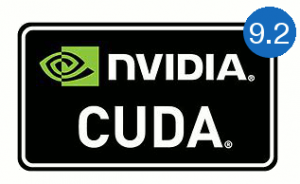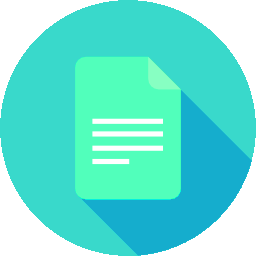 In the previous post, we’ve proceeded with CUDA 9.1 installation on Ubuntu 16.04 LTS. As with other software that evolves, NVIDIA released CUDA 9.2 back in May. It is also safe to assume that CUDA 9.2 will not be final version. Newer version will may come soon or later and here we are left with the bogging question: “How can we upgrade safely without clobbering the currently working system?” Moreover, we may also wonder if there is a mechanism to rollback the change and live with current setup while recognizing that it’s not yet the time to upgrade.
In the previous post, we’ve proceeded with CUDA 9.1 installation on Ubuntu 16.04 LTS. As with other software that evolves, NVIDIA released CUDA 9.2 back in May. It is also safe to assume that CUDA 9.2 will not be final version. Newer version will may come soon or later and here we are left with the bogging question: “How can we upgrade safely without clobbering the currently working system?” Moreover, we may also wonder if there is a mechanism to rollback the change and live with current setup while recognizing that it’s not yet the time to upgrade.
This post will cover three scenarios of CUDA 9.2 installation: 1) fresh installation, 2) install to upgrade by removing old version, 3) install to upgrade and keep multiple versions. Continue reading

